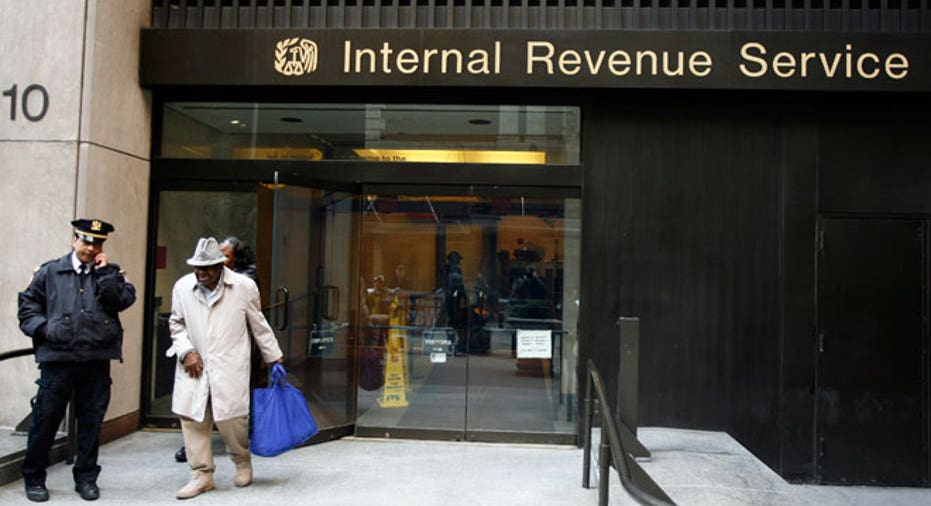IRS to Take a Closer Look at Small Business Filings

Small business partnerships may want to spend extra time dotting I’s and crossing T’s this year when filing taxes.
Speaking at the American Institute of CPAs last week, IRS Small Business/Self-Employed division head Faris Fink said the agency will be shifting its auditing focus from corporations to small-business partnerships, which have grown significantly in number over the last six years. From 2007 to 2011, the increase was more than 15%, according to the IRS.
“Our largest increases were in audits of flow-through entities in fiscal year 2012,” says an IRS spokesperson, adding the jump was reflective of the increased number of these types of businesses. Flow-through or pass-through entities, as they are called, refer to both S corporations and sole proprietorships. Income for these types of businesses gets filed on individual tax returns.
Certified Public Accountant Michael Eisenberg says there are a number of reasons why pass-through entities may be growing in popularity as compared to corporation status.
“There’s the initial upfront expense of forming the corporation,” says Eisenberg – an expense that is more significant than when setting up a pass-through entity. Additionally, Eisenberg says business owners of an established corporation need to pay payroll taxes on each paycheck, manage W-2 forms and pay annual fees, depending on the state in which the business is located.
Eisenberg says the IRS is likely turning its attention to pass-through entities because of the possibility that some small business owners are “double dipping,” or writing off personal spending as deductible business expenses.
To avoid getting into trouble with the IRS, Eisenberg shares his top three tips for small business owners:
No. 1: Keep business and personal accounts separate.
“Especially as a small business entrepreneur, what you want to do is make sure everything is run through separate checking accounts,” says Eisenberg. If you’re using a single account, Eisenberg says it increases the likelihood that the IRS will then perform a second audit to examine your personal tax return as well.
“It’s automatically a free ride to looking at your personal [return] as well,” says Eisenberg.
No. 2: Clearly track income and expenses.
When you have separate accounts, Eisenberg says it’s easy to keep track of your business income and expenses. He says it’s imperative to keep paperwork that shows why you’re writing checks or why you received income.
“That way you can show an auditor: Here’s what came in and the records of what I billed … and the record that back up my expenses and what I owe,” says Eisenberg.
No. 3: Don’t deal in cash.
Eisenberg says small business owners should avoid business transactions paid in cash, because it raises a lot of questions in the eyes of the IRS.
“Did you deposit all your income? How are you paying your bills? … Eyebrows are raised,” says Eisenberg.



















